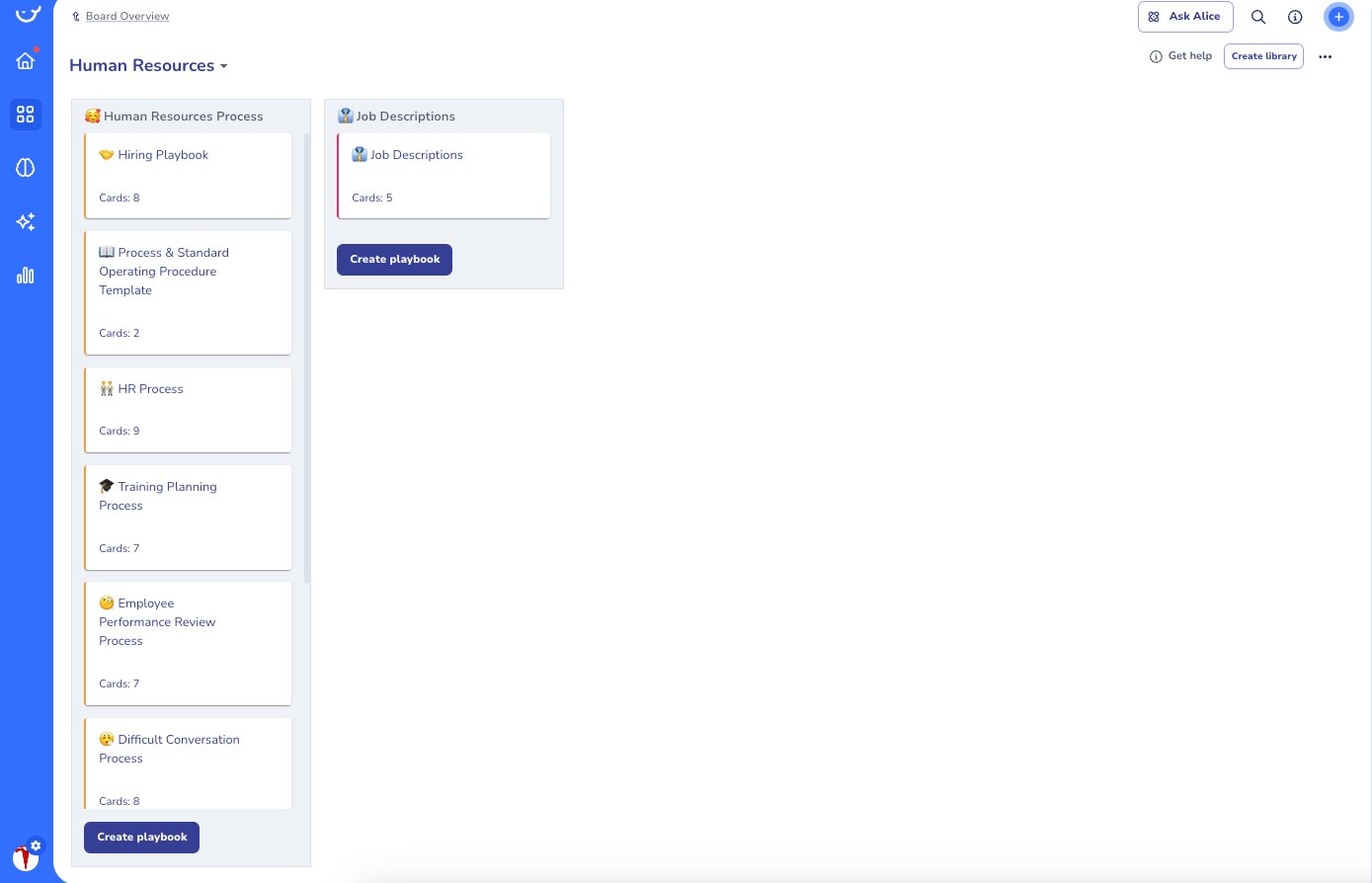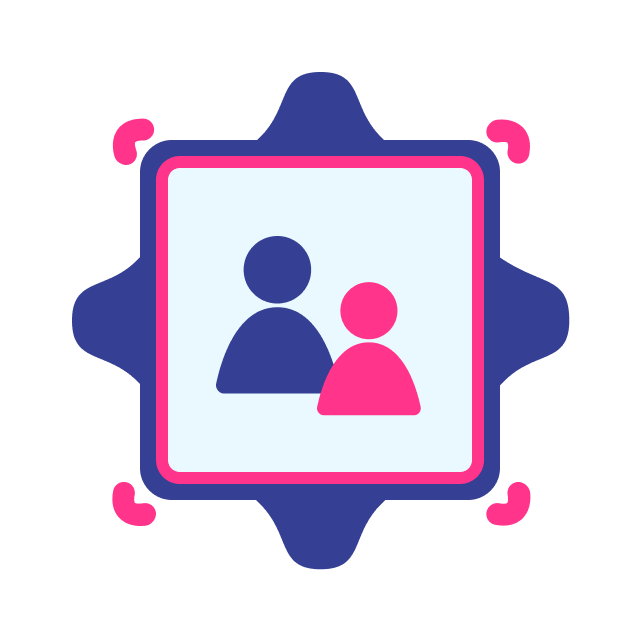What is an HR Process?
Imagine a multinational giant ensuring the consistency of customer service across thousands of stores worldwide. SOPs guarantee that whether you’re shopping in New York or Tokyo, you receive the same high-quality service.
You may not be a multinational giant just yet, but if you’re looking to expand your business, you’re going to want to maintain consistency in the customer experience.
Real-World Example: Starbucks Corporation maintains an SOP document for preparing their signature beverages, ensuring uniform taste and quality globally.
Why are human resource processes important?
Human resources procedures are vital for several reasons. Firstly, they ensure that an organization can attract, develop, and retain talent. Effective HR processes lead to higher employee satisfaction and lower turnover rates.
According to a 2023 survey by Gallup, companies with strong human capital processes saw a 21% increase in profitability compared to those with weaker processes.
So it’s not just a nice to have; it impacts an organization’s bottom line.
Secondly, HR processes help maintain compliance with legal standards, reducing the risk of lawsuits and penalties.
However, their most important job is to foster a positive employee experience, crucial for employee morale and productivity.
Yonica McDowell on What does HR do?
Use our templates to fast-track your documentation
Customize this template and 100s of others for free in Whale, the fastest way to get your team aligned.
What are Core HR Processes?
Core HR processes are the fundamental activities that every HR department must handle to ensure smooth operations. These include:
- Recruitment and Onboarding: Attracting and integrating new employees into the organization. This includes onboarding new team members.
- Employee Development and Training: Providing training and skill development opportunities.
- Performance Management: Assessing and enhancing employee performance through regular reviews and feedback.
- Compensation and Benefits: Managing payroll, benefits, and other employee rewards.
- Employee Relations: Addressing workplace issues and fostering a positive work culture.
- Compliance and Safety: Ensuring that the organization complies with labor laws and provides a safe working environment.
What’s the difference between HR processes and systems?
HR processes refer to the activities and tasks performed by the HR department, such as hiring, training, and performance management. HR systems, on the other hand, are the tools and software that support these activities.
For instance, an applicant tracking system (ATS) helps streamline the recruitment process, while a human resource information system (HRIS) manages employee data.
While HR processes are the ‘what’ of HR management, HR systems are the ‘how.’ They complement each other, with processes defining the tasks and systems providing the means to execute them efficiently.
How to increase the effectiveness of HR workflows?
Enhancing the effectiveness of HR workflows and processes involves several strategies:
- Leveraging Technology: Utilize advanced software to automate routine tasks and free up time for strategic activities.
- Continuous Training and Development: Invest in regular training programs for HR staff to keep them updated with the latest practices.
- Regular Review and Update of HR Policies: Ensure that HR policies are reviewed and updated regularly to align with changing business needs and legal requirements.
- Encouraging Feedback from Employees: Create channels for employees to provide feedback on HR processes and use this feedback to make improvements.
What can HR leaders do to manage HR processes effectively?
HR leaders play a critical role in managing processes. Here are some ways they can do it effectively:
- Strategic Planning: Align HR processes with the organization’s strategic goals to ensure they contribute to overall success.
- Building a Strong HR Team: Recruit and develop HR professionals who are skilled and passionate about their work.
- Staying Updated with HR Trends: Keep abreast of the latest HR trends and best practices to implement innovative solutions.
- Ensuring Alignment with Organizational Goals: Regularly review HR processes to ensure they align with and support the organization’s broader objectives.
Bottom line?
HR workflows and processes are indispensable for the smooth functioning and success of any organization.
By understanding and implementing effective processes, leveraging technology, and continuously seeking improvement, HR leaders can significantly contribute to their organization’s growth and employee satisfaction.
FAQs on HR process
How can small businesses implement effective HR processes without a large HR team?
Small businesses can leverage HR technology to automate many HR tasks, such as payroll and employee records management. They can also outsource certain functions, like recruitment and compliance, to external HR firms.



